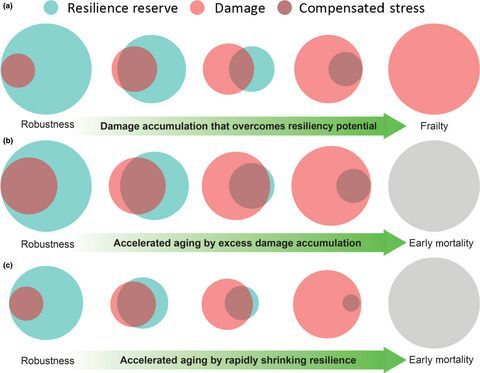Progress in research is not linear. Periods characterized by rates of incremental knowledge are interlaced with “eureka” moments as milestone discoveries suddenly open new possibilities that thrust research and knowledge to a higher level. Galileo’s use of the telescope to explore the stars, Kary Mullis’s description of polymerase chain reaction, and Edwin Hubble’s demonstration that the universe is expanding are just few examples of these moments. The field of aging research is living one of those magical moments. Finding a reference metric for the rate of biological aging is key to understanding the molecular nature of the aging process. Defining and validating this metric in humans opens the door to a new kind of medicine that will overcome the limitation of current disease definitions, approaching health in a global perspective and bringing life course preventative measures to the center of attention.
